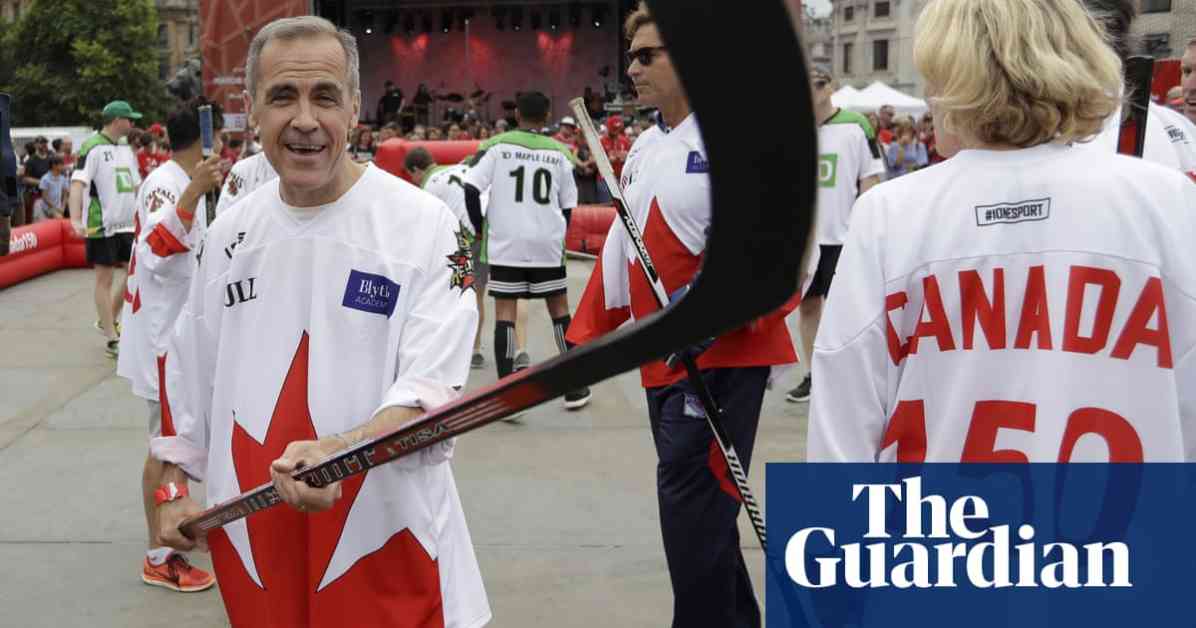Mark Carney’s Potential Run for Canada Prime Minister
Former Bank of England governor Mark Carney, known for his climate-focused economic perspective, is contemplating a run for Canada’s prime minister. This potential move comes as current Prime Minister Justin Trudeau announced his decision to step down after nearly a decade in power, pending the selection of a new leader for the ruling Liberal party. The impending leadership change has set the stage for a competitive party race leading up to a general election later this year.
Carney, 59, expressed his deliberation on this significant decision in a statement quoted by Bloomberg, where he serves as the chair of the board of directors. He mentioned that he would be consulting with his family in the coming days to carefully weigh this option. As a long-standing member of the Liberal party, Carney acknowledged the encouragement he has received from fellow party members and individuals who advocate for progressive change and a strong economic strategy.
### Carney’s Background and Support
Having previously served as the governor of both the Bank of Canada and the Bank of England, Carney is perceived by his supporters as possessing the necessary expertise to navigate Canada through a period of uncertainty. His extensive international experience includes roles such as chair of Brookfield Asset Management and UN special envoy for climate action and finance. Carney holds citizenship in Canada, Ireland, and the United Kingdom, further underscoring his global perspective.
Despite Carney’s qualifications, the Liberal party faces a formidable challenge as polling indicates the opposition Conservatives are poised to secure a majority government. Conservative leader Pierre Poilievre has already labeled Carney as “Carbon Tax Carney,” citing his association with a consumer fuel levy introduced by Trudeau. A recent poll by the Angus Reid Institute positioned Carney as the second most favored candidate to succeed Trudeau among potential Liberal leaders, with former deputy prime minister Chrystia Freeland leading the pack.
### Electoral Implications and Challenges Ahead
If Carney emerges victorious in the leadership race, he would find himself in a unique position of assuming the role of prime minister without holding a seat in the House of Commons. While party leaders are not mandated to be members of parliament upon winning, tradition dictates that they contest a seat promptly. The timeline for this transition can vary, as evidenced by Jagmeet Singh’s 16-month journey to secure a parliamentary seat after winning the leadership of the New Democratic Party.
As the country braces for a likely spring election, the incoming Liberal leader is poised to have a brief tenure as prime minister before facing the electorate. The political landscape in Canada is evolving rapidly, with Carney’s potential candidacy adding a new dimension to the unfolding narrative of leadership succession in the aftermath of Trudeau’s announcement. The decision-making process ahead will shape the future trajectory of Canadian politics, setting the stage for a pivotal electoral contest that will resonate with citizens across the nation.

